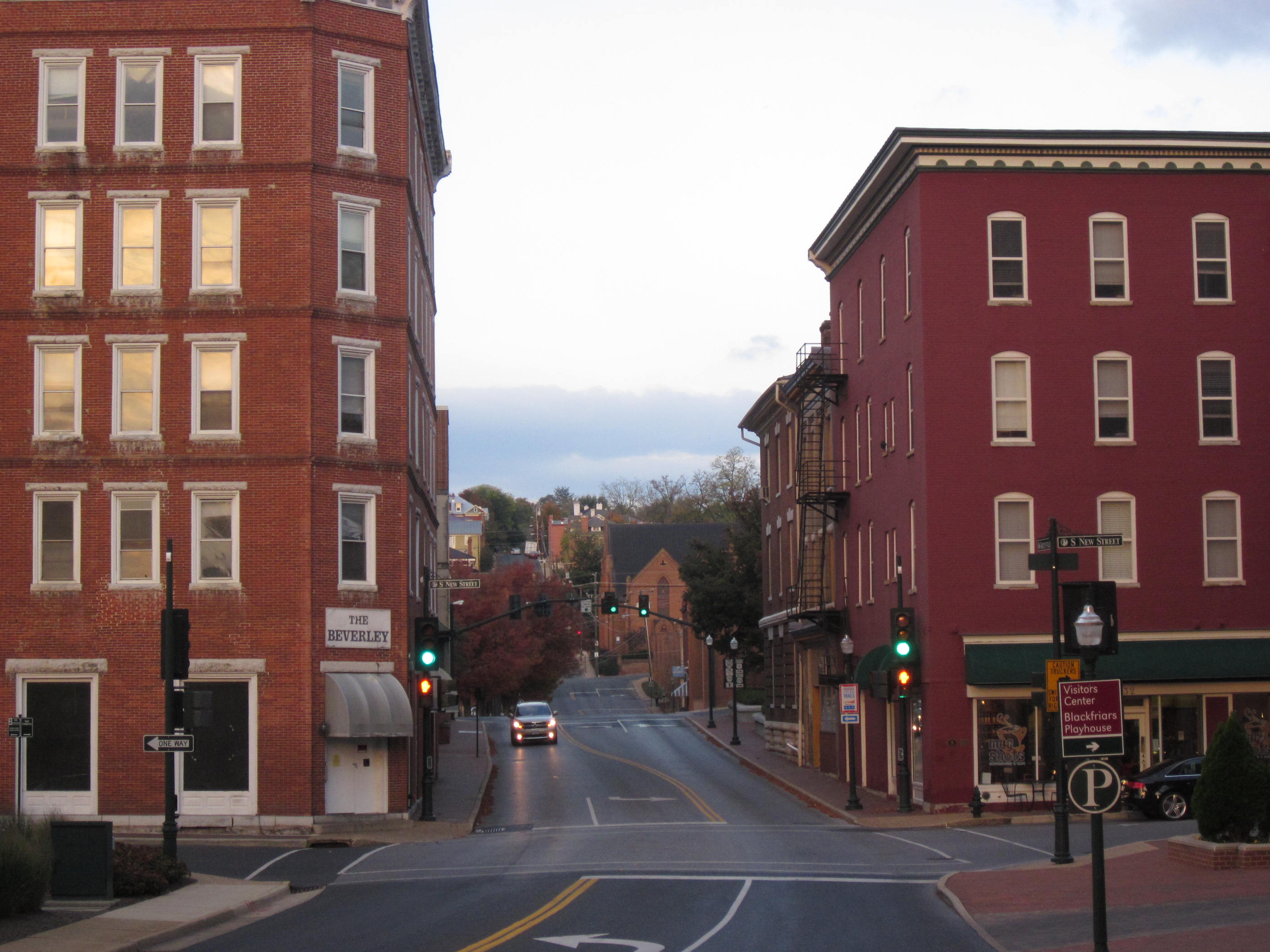What Indigenous territories am I in?
Native Lands Map
More Information
What native lands am I currently in?
Find the Indigenous territories you are currently on. Consider the Indigenous history of your area and reflect on the effects of colonization by exploring the native lands at your location. Data provided by Native Land. Data should be considered approximate and should not by itself be considered an authoritative source.
About Staunton, Virginia

Staunton is an independent city in the U.S. Commonwealth of Virginia. As of the 2020 census, the population was 25,750. In Virginia, independent cities are separate jurisdictions from the counties that surround them, so the government offices of Augusta County are in Verona, which is contiguous to Staunton. Staunton is a principal city of the Staunton-Waynesboro Metropolitan Statistical Area, which had a 2010 population of 118,502. Staunton is known for being the birthplace of Woodrow Wilson, the 28th U.S. president, and as the home of Mary Baldwin University, historically a women's college. The city is also home to Stuart Hall, a private co-ed preparatory school, as well as the Virginia School for the Deaf and Blind. It was the first city in the United States with a fully defined city manager system.
About Indigenous rights
Indigenous rights are those rights that exist in recognition of the specific condition of the Indigenous peoples. This includes not only the most basic human rights of physical survival and integrity, but also the rights over their land, language, religion, and other elements of cultural heritage that are a part of their existence and identity as a people. This can be used as an expression for advocacy of social organizations, or form a part of the national law in establishing the relation between a government and the right of self-determination among its Indigenous people, or in international law as a protection against violation of Indigenous rights by actions of governments or groups of private interests.